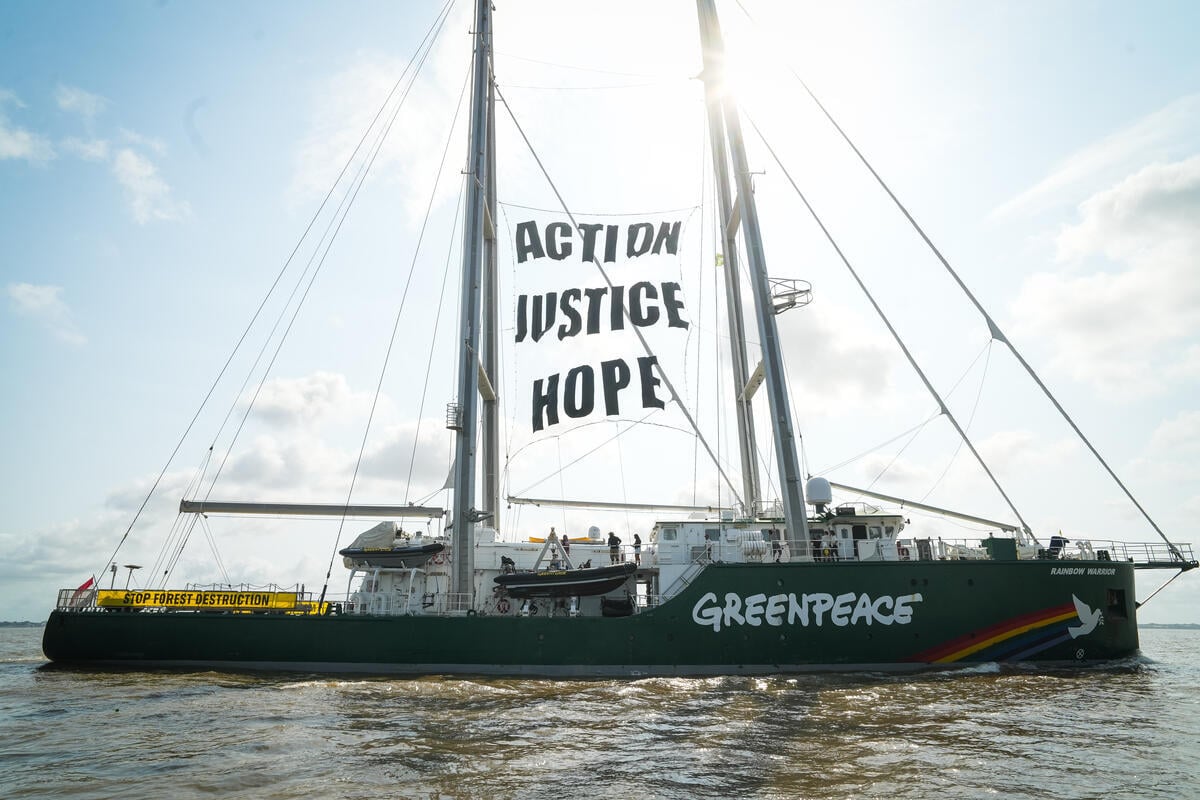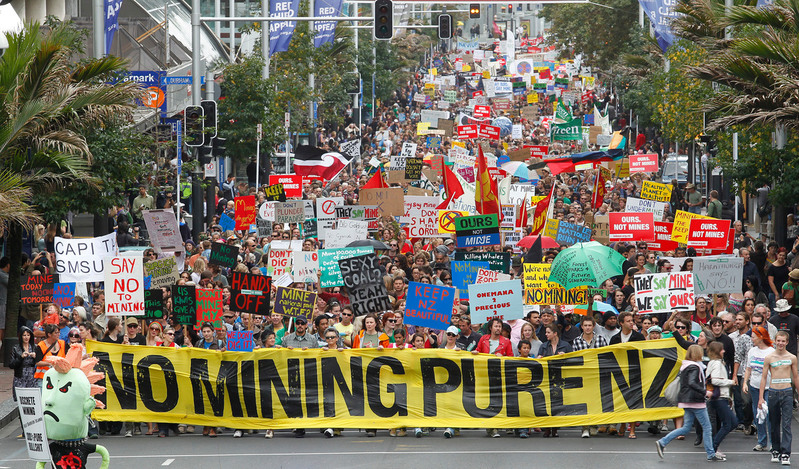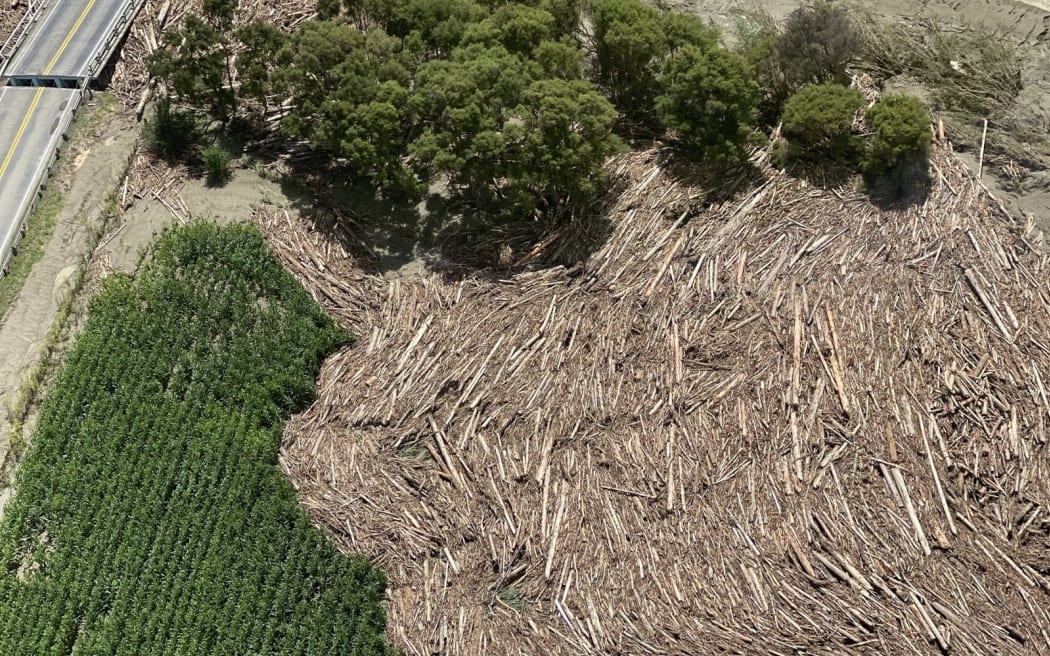Feeling uncomfortable with the third cousin who supports more oil exploration? Do you have an acquaintance who loves being in nature but is unsure we need to do more to address the climate crisis?
Or simply want to get beyond small talk with someone you’ve just met but want to get to know them?
There are lots of things to talk about, and the present state of the world is front of mind for many of us. But some things can seem off the table, and we don’t want to start an argument.
The best way to talk about climate change is through constructive conversation. This enables both people to share their views, without it descending into an argument. And the good news is, that anyone can have a constructive conversation and kindle hope for doing good for the planet.
What is a constructive conversation?
A constructive conversation is an approach used to share and listen to someone who may have an opposing view. It’s about listening, and respecting them, whilst also introducing a new viewpoint that might create a new narrative for them. You aren’t trying to change their mind, but instead find a point you both agree on.
The Amazon, the oceans, our local awa (river) need help, and sometimes all it takes is a conversation to spark action. If not this conversation, it may be the next one. By talking about our concerns for nature we can together find ways to empower ourselves to do something about them.
Here’s some top tips to get us all started!
Seven tips for a constructive conversation about the environment
- Check in with yourself
Am I feeling grounded, calm, feeling social?
Sometimes arguments start when we’re tired, and we react to something we weren’t expecting. Being grounded means being more ready for a curve ball.
- Initiate a conversation
You can be honest to start, and say straight up what it is that’s concerning you, and ask if they want to talk about it.
- Share stories based on experience
What specific experiences have led you to see things the way you do? You don’t have to be an expert, our own experiences are enough. This opens others to talk about what experiences led them to their own viewpoints.
- Ask curious questions
What questions can you ask to draw out the concerns of another person, without judgement? For example, ‘why do you think that is? What is the cause of that? Have you thought of it from this other angle?’
- Actively listen
Acknowledge what people have told you, what you learned, and any reflections. This will give a space for shared understanding of the topic.
When we know that the other person is listening to what we say, we relax and take time to consider what we are saying.
- Values and vision
How do you imagine things working out well? Can you share your positive vision and invite others to imagine it too? What are the values you share with the people you’re talking with?
If it’s a family get-together then we can guess we already value family, tradition, and connection. Maybe there are other values we share that include appreciation of the beauty of wildness?
- How did we get here; and how to move forward?
Together can you name what caused the problem and the barriers to things working out well? What’s a specific action to get past this?
Finding out what others think are the causes will help clarify any differences of opinion. By identifying the causes of environmental challenges then we can find a way to change them.
What do you agree on? What differences are there in opinion? Was there a shift in the conversation? Let them know what you appreciated about talking together!
Talk nature
The Talk Nature project encourages everyone who feels concerned about the state of the natural world – the oceans, forests, rivers, and land – to speak up. We’re not alone in our worries, and we can solve things by speaking up.
The short tips above have been collated from our experience, research, and a range of work. Have a look at some more of our favourite resources from The Workshop and Tauiwi Tautoko.



